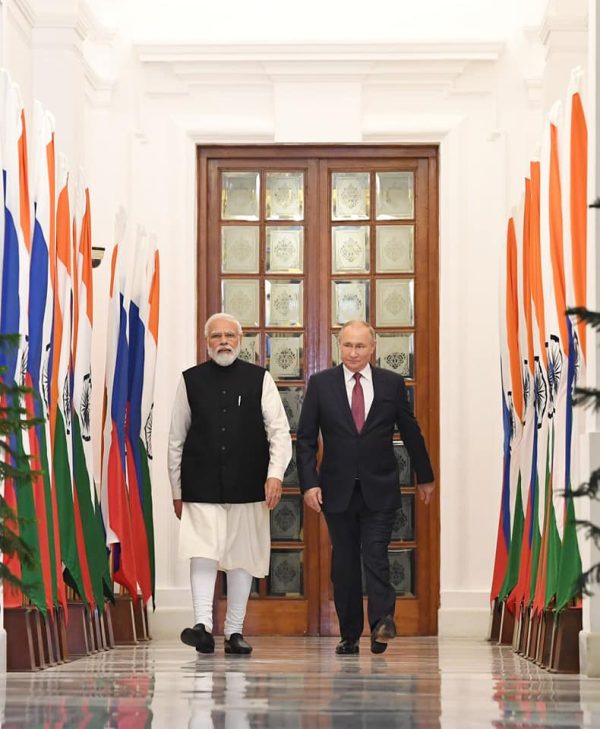Live Classes

India must take a stand against Russia’s bombing of civilians and annexation of territory.
Prime Minister Narendra Modi’s telephone call with Ukrainian President Volodymyr Zelenskyy on Tuesday was a significant marker in the continuing war in Ukraine. While Mr. Modi has often spoken with Russian President Vladimir Putin and also met him last month, his conversations with Mr. Zelenskyy thus far were restricted to the period when the Government was involved in the evacuation of about 20,000 Indian students. The phone call came a few weeks after the Putin meeting, and Mr. Zelenskyy joined western leaders in complimenting Mr. Modi for his “now is not the time for war” comment. In turn, Mr. Modi told Mr. Zelenskyy that there is no military solution to the conflict. They also spoke a week after India chose to abstain from voting against Russia for conducting referendums and annexing Donetsk, Luhansk, Zaporizhzhia and Kherson, although neither leader referred to it. They also discussed the critical importance of nuclear safety, particularly the Zaporizhzhia plant, that has been of much concern for the IAEA, which is involved in brokering talks between Ukraine and Russia to enforce a nuclear protective zone around it. The plant, under Russian control, and in Oblast province where Mr. Putin recently declared “annexation”, is near the scene of fighting. The MEA said that Mr. Modi “underlined that endangerment of nuclear facilities could have... catastrophic consequences for public health and environment”, although he did not clarify which side the peril was posed from. Finally, Mr. Modi expressed “India’s readiness to contribute to any peace efforts”, to which Mr. Zelenskyy responded that he would not conduct any negotiations with the “current President of the Russian Federation”.
Over the past seven months, the war and western sanctions have had a dramatic impact on global security, food, fuel and energy supplies, and it is important to keep the lines of communication open, as Mr. Modi has done, with Mr. Putin and Mr. Zelenskyy. India has an established record in global peacemaking. However, New Delhi can only play that part if it also sets out its position more clearly, and links it to its actions on the global stage. The Government’s defiance of western sanctions on oil and defence trade is understandable in terms of defending India’s national interests. However, it is harder to correlate Mr. Modi’s comments, and External Affairs Minister S. Jaishankar’s remarks, on adherence to the UN charter and the importance of protecting territorial sovereignty while India continues to abstain on all votes that criticise Russia’s actions in Ukraine: including the bombing of civilians, and the annexation of occupied territories.
Paper - 2 (International Relations)
Download pdf to Read More